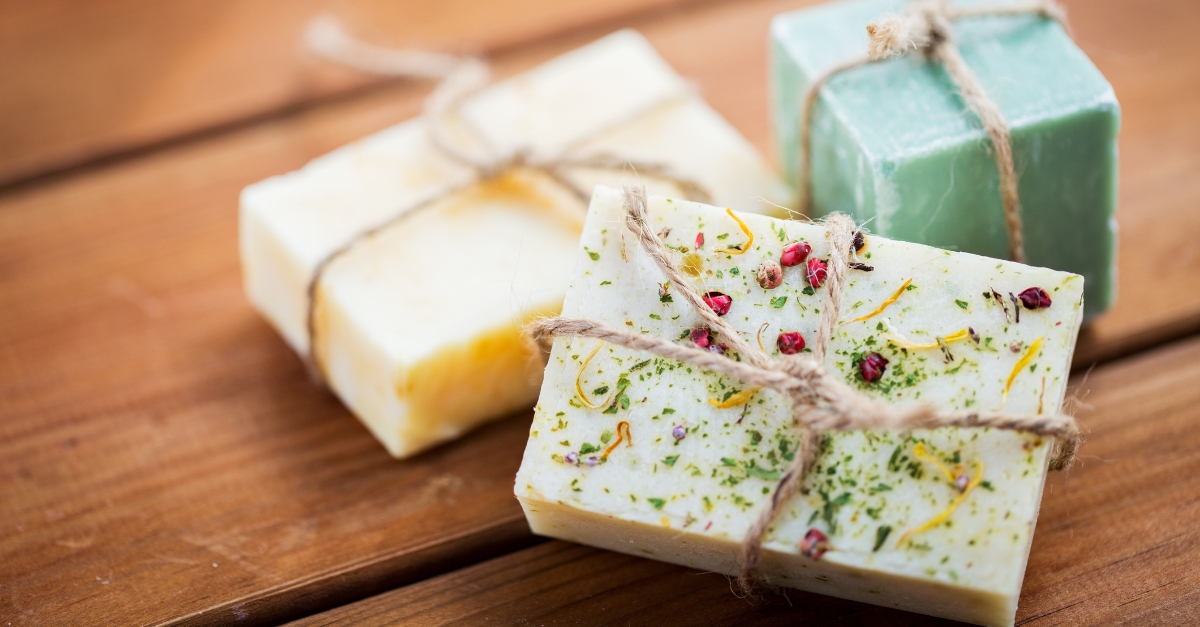
Getting a good night's sleep is no easy feat. First, this assumes that you actually have the proper amount of time to rest. For those of us who milk the hours of the day for all they're worth, we usually end up trying to cram a quality eight hours into a more realistic four- to five-hour span.
Once you make it to bed, you actually have to get comfortable in it. Much like any other situation where you tell your body to relax, it becomes a bit of an oxymoron. The attempts to relax require effort. You have to stop yourself from picking up your phone and scrolling through your social network for the umpteenth time. You have to stop yourself from binge-watching an entire series in one night. Trying to get yourself to forgo all these distractions can be really frustrating.
It's then, in your frustrated, mind-moving-a-mile-a-minute sleep that you reluctantly try to get some rest. For some people, it's easy. You close your eyes, and the next thing you know, boom, it's morning. For the rest of us, it's a little more of a process. It's getting exactly the right amount of blanket, angling the pillow just so, and praying that your leg cramps won't wake you up.
That's right. Leg cramps are one more thing that can keep you from getting a good night's rest. And they can be extremely difficult to deal with. The slightest flex in the leg or foot can result in a painful leg cramp, also called a charley horse. Some people believe these frequent nighttime leg cramps to be restless leg syndrome (RLS). The cramps differ, however, because while those with RLS find moving to relieve the pain or sensation in their legs, leg cramps are often made worse by moving because of the tightness of the muscle.
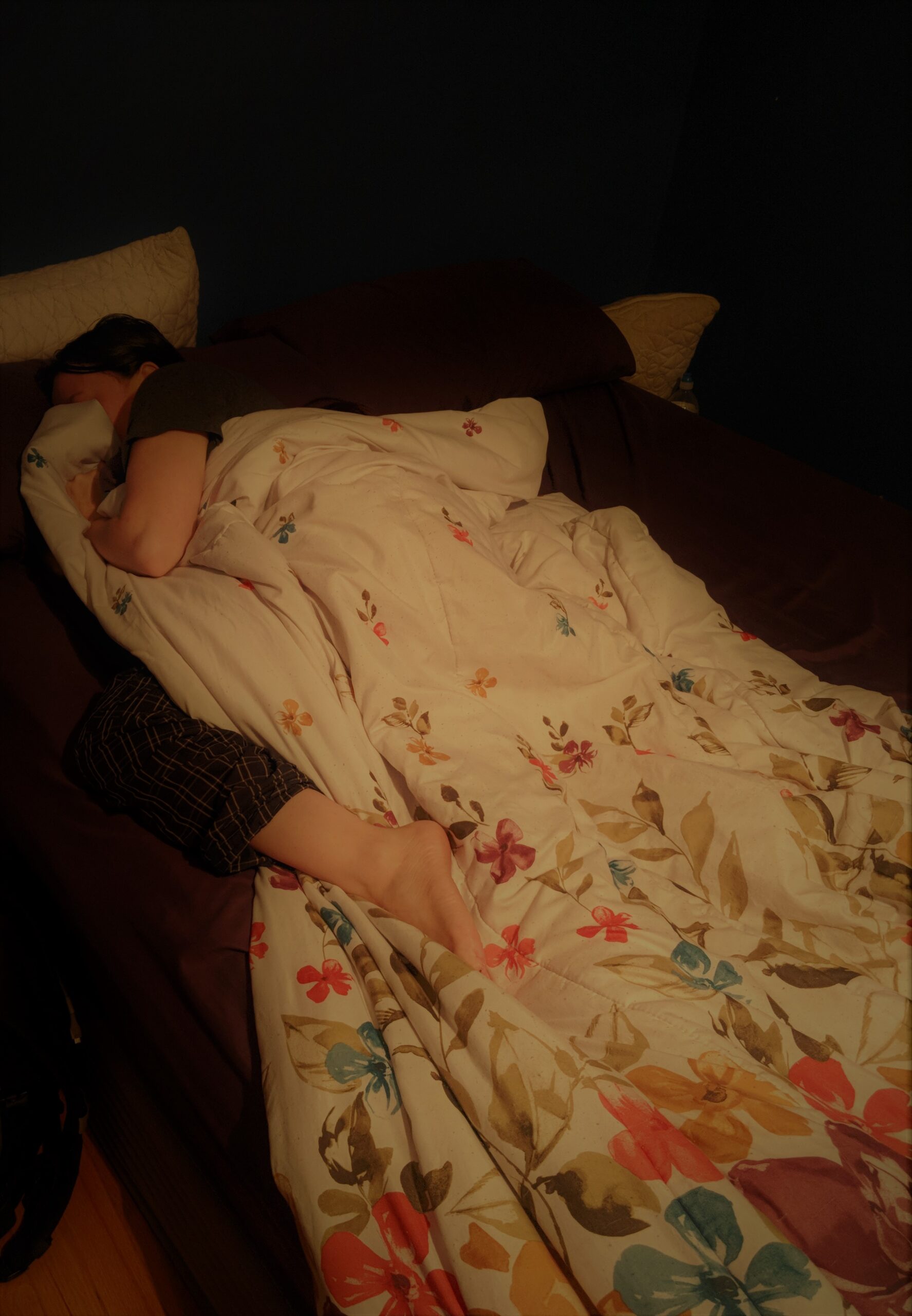
You might not be able to tell, but this is an image of me at night, tossing and turning. I do it all night, pretty much every night. This isn't exactly quality sleep. I might actually fade into slumber, but I don't feel rested.

While leg cramps might not be the whole reason behind restlessness, they certainly don't make getting and staying asleep any easier. So if you find yourself watching your legs do something like this at night, you're not alone in looking for a way to relieve all the cramps and pain and sleepless nights.
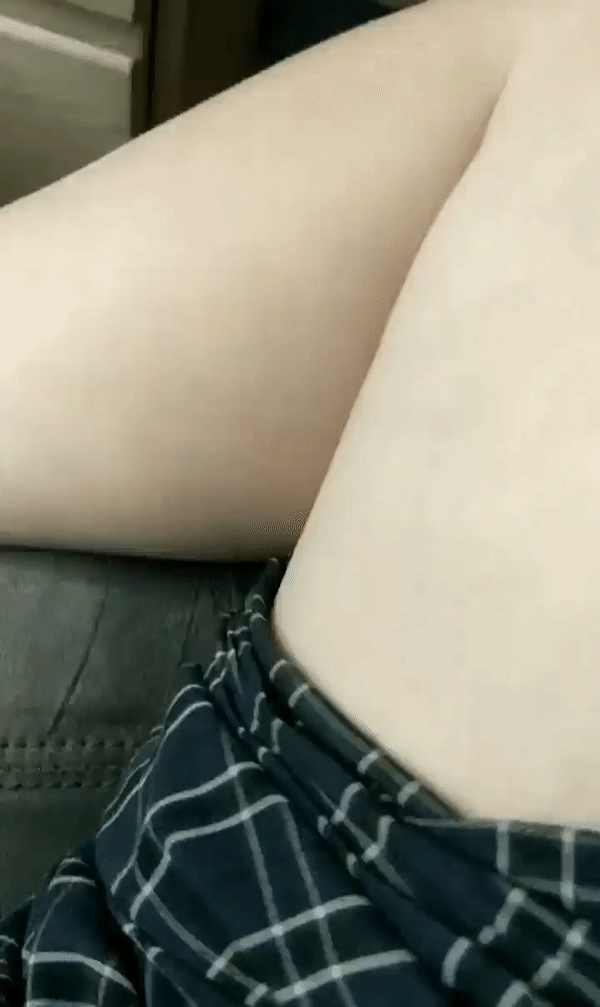
Long story short, I'm full of muscle spasms. They are incredibly distracting, and the leg variety is more painful than most. Getting them in your sleep is a harsh way to wake up. The cause of these spasms isn't clear, although there are a number of possible factors, including vitamin and mineral deficiencies, overexercising, anxiety, and dehydration.
To solve the problem, I decided to try out an old wives' tale to see if it could help my nighttime leg cramps.
As with all old wives' tales, people are skeptical.
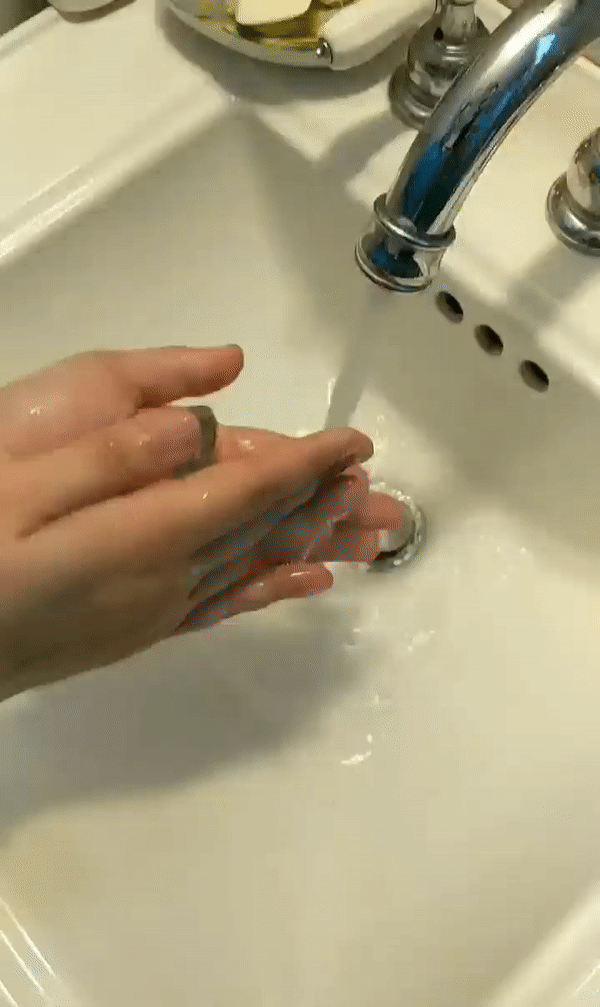
The answer seems all too simple: soap. This old wives' tale states that slipping a bar of soap under your sheets will eliminate your leg cramps. Even though it seemed too simple to be true, it was too simple not to try.
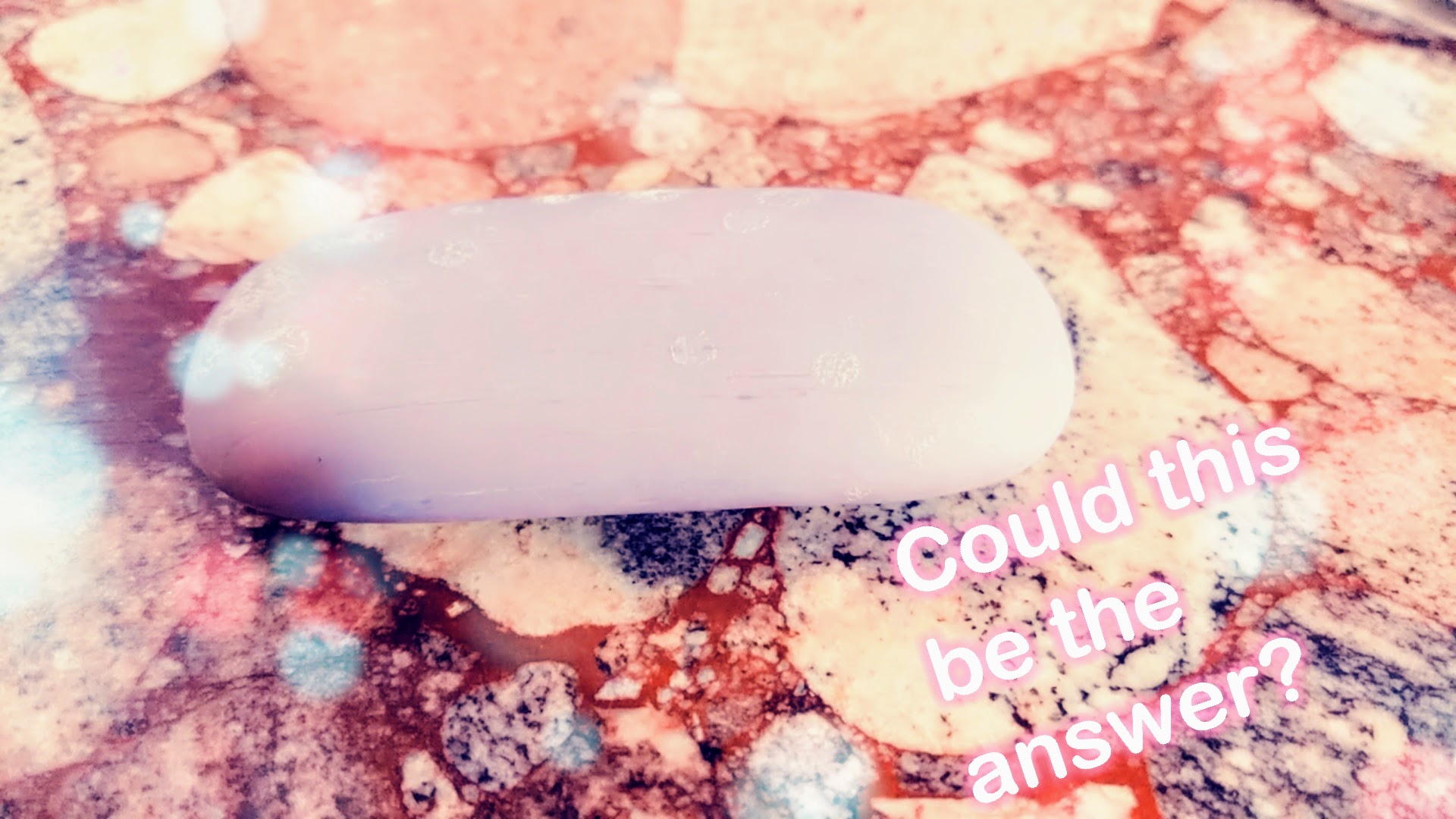
A number of the most popular medical minds on TV have tackled the subject. Dr. Jim Sears of The Doctors took a poll and found that 42% of those who tried soap in their sheets felt relief.
Dr. Oz revealed on his show that both leg-cramp and RLS sufferers can benefit from a bar of lavender soap at night. Even Snopes has been unable to debunk the old wives' tale. It points to Ann Landers as one of many who helped bring the theory to light.
How Does It Work?

The idea behind the old wives' tale is that soap releases magnesium, one of the deficiencies that's believed to cause the leg cramps. The lavender, at Dr. Oz's advising, is to help calm you and keep you relaxed and asleep. Despite the reasonable explanation, there's no concrete scientific proof behind the remedy.
Putting It to the Test
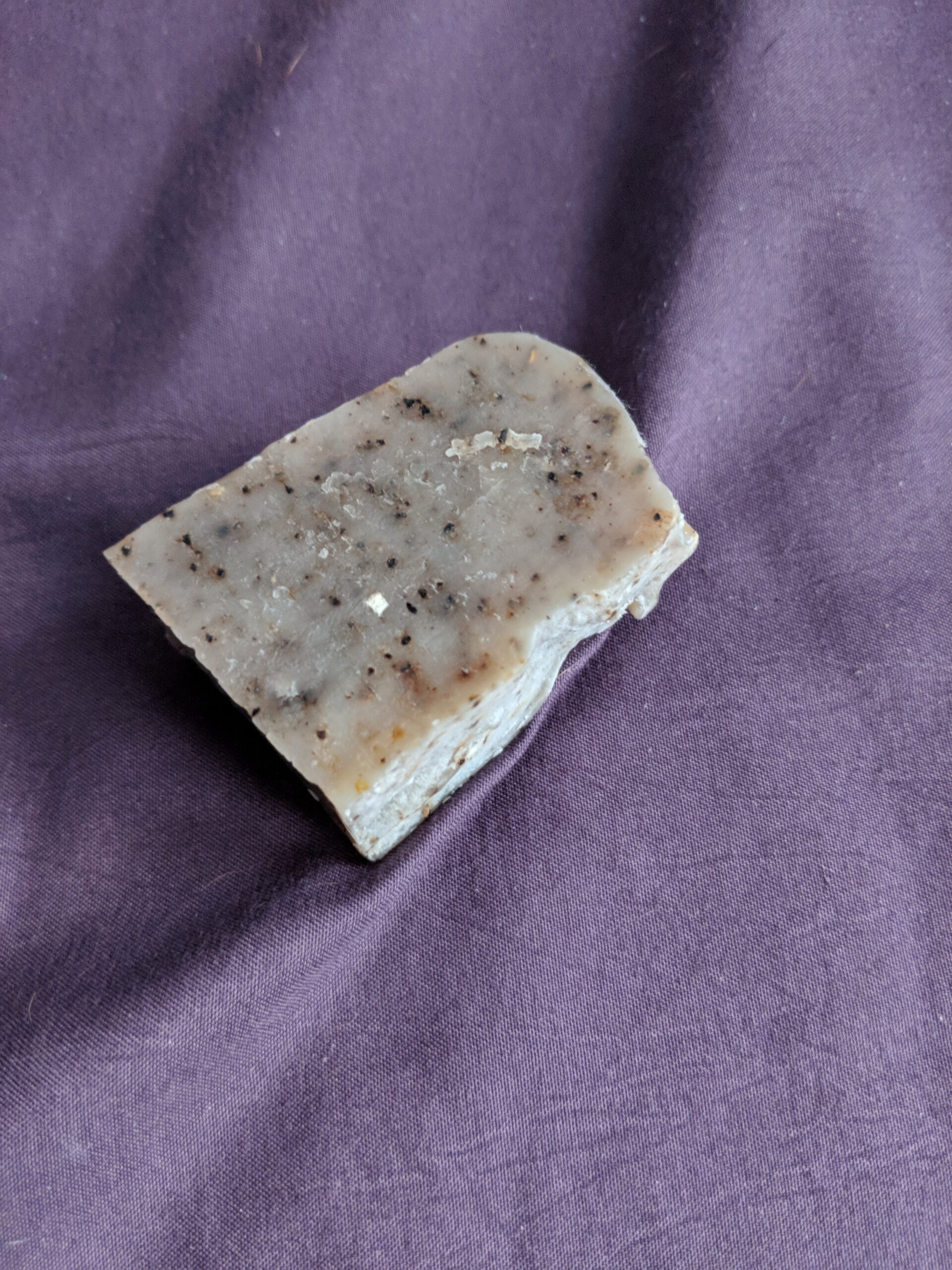
As fate would have it, I happened to have a batch of lavender oatmeal coffee soap that had just finished curing, courtesy of my boyfriend and his love of both craftiness and science. While I was worried the coffee element might throw off the experiment, I reminded myself that caffeine is not transdermal.
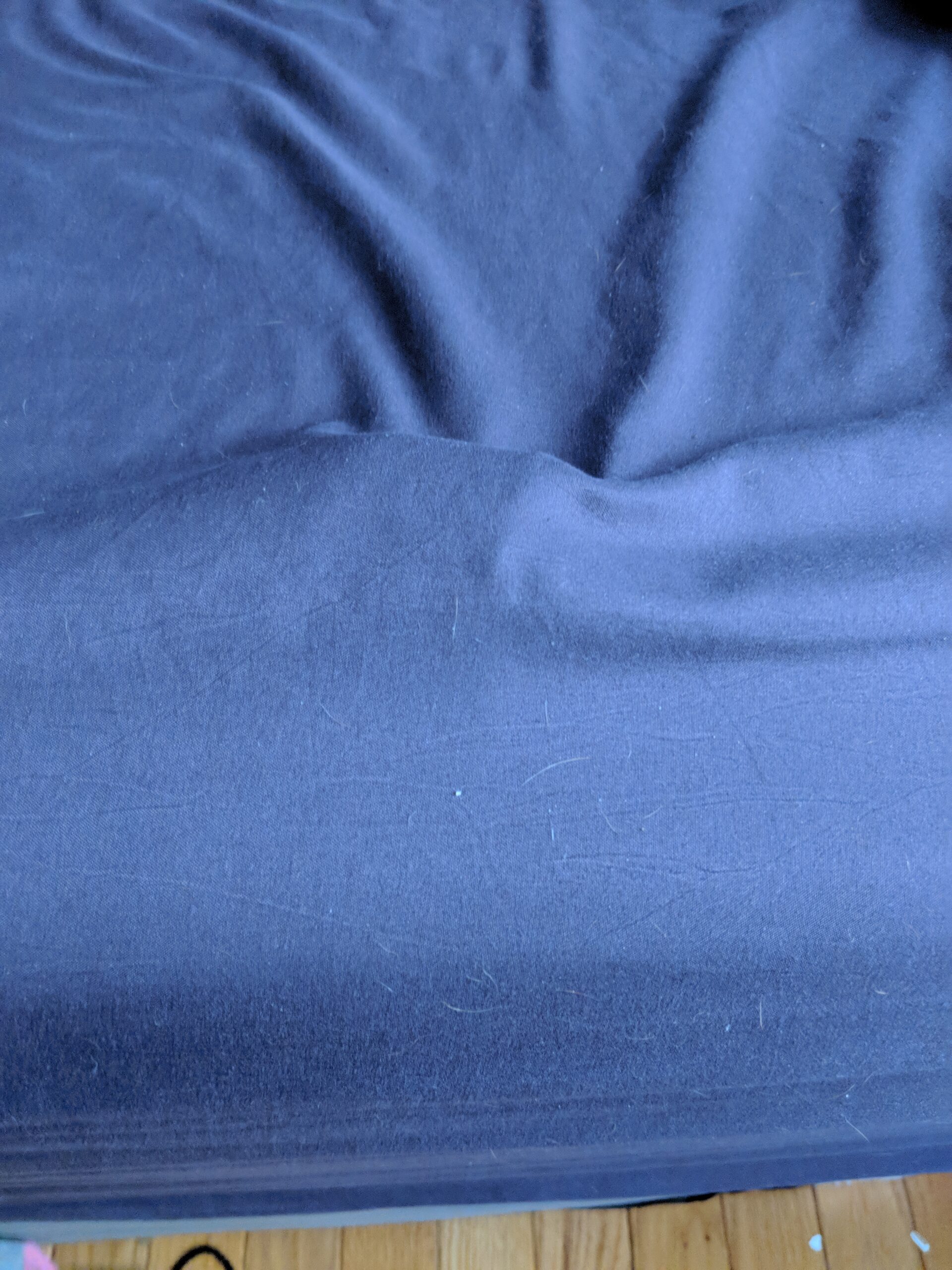
I slipped the bar of soap under my fitted sheet at the foot of my bed before I tucked in for the night. I fell asleep about two hours later.

The first time I woke up in the middle of the night, I'd forgotten about the soap thing. I wasn't surprised at waking up, as I'm used to it. When I woke up 20 minutes later, however, I remembered and instantly felt defeated.
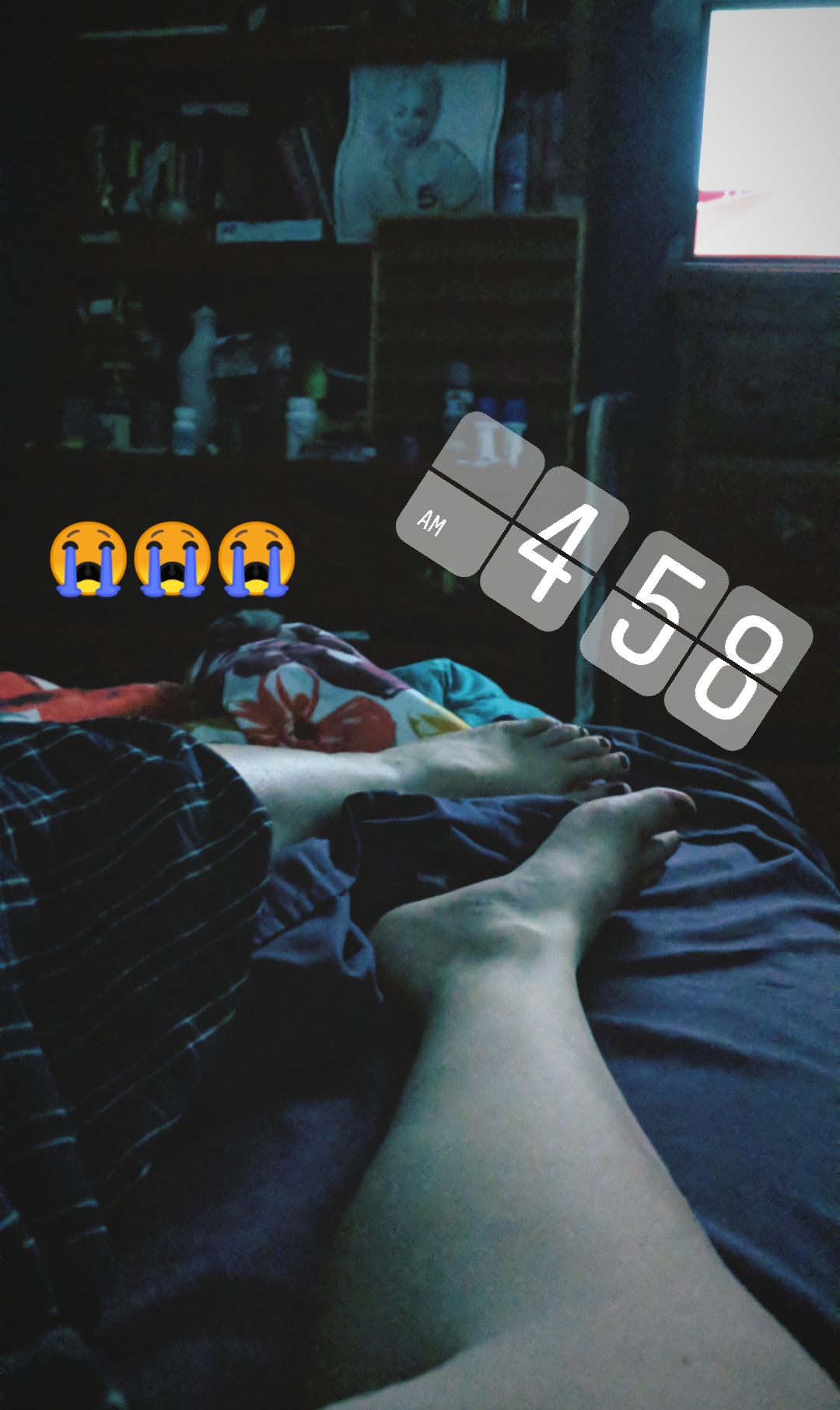
When I woke up again, I had trouble falling back asleep. More research into the soap treatment revealed that results weren't typically evident until the bar of soap had been in the bed for three days. I groaned and tried to get back to sleep, but just tossed and turned until about 8 a.m., when I gave up.
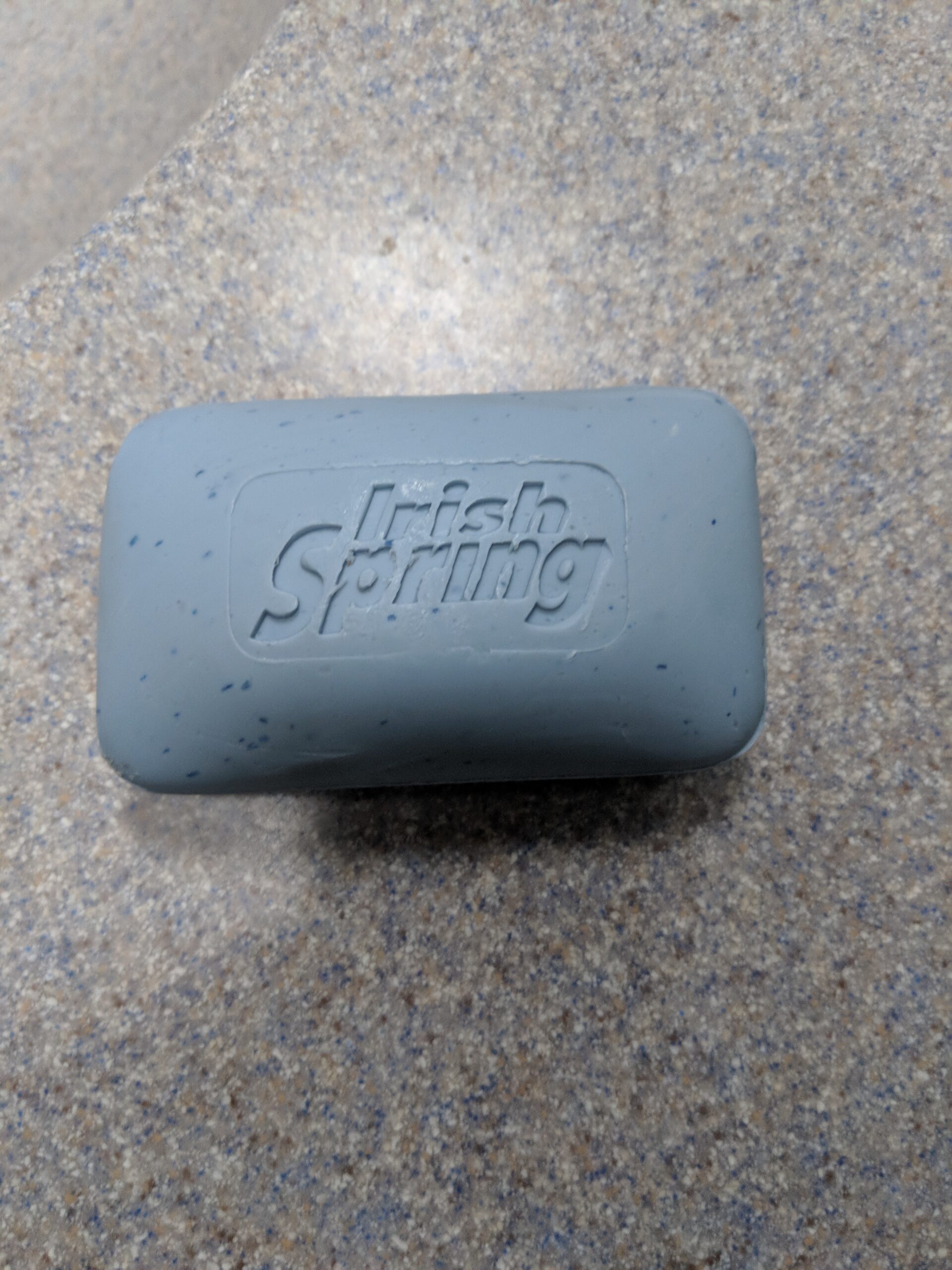
In the middle of that day, the soap project crept back into my brain. It occurred to me that homemade soap might not have magnesium in it. After some Googling, I realized that I would need another bar to properly test my theory. I rummaged through my house until I found a bar of soap.
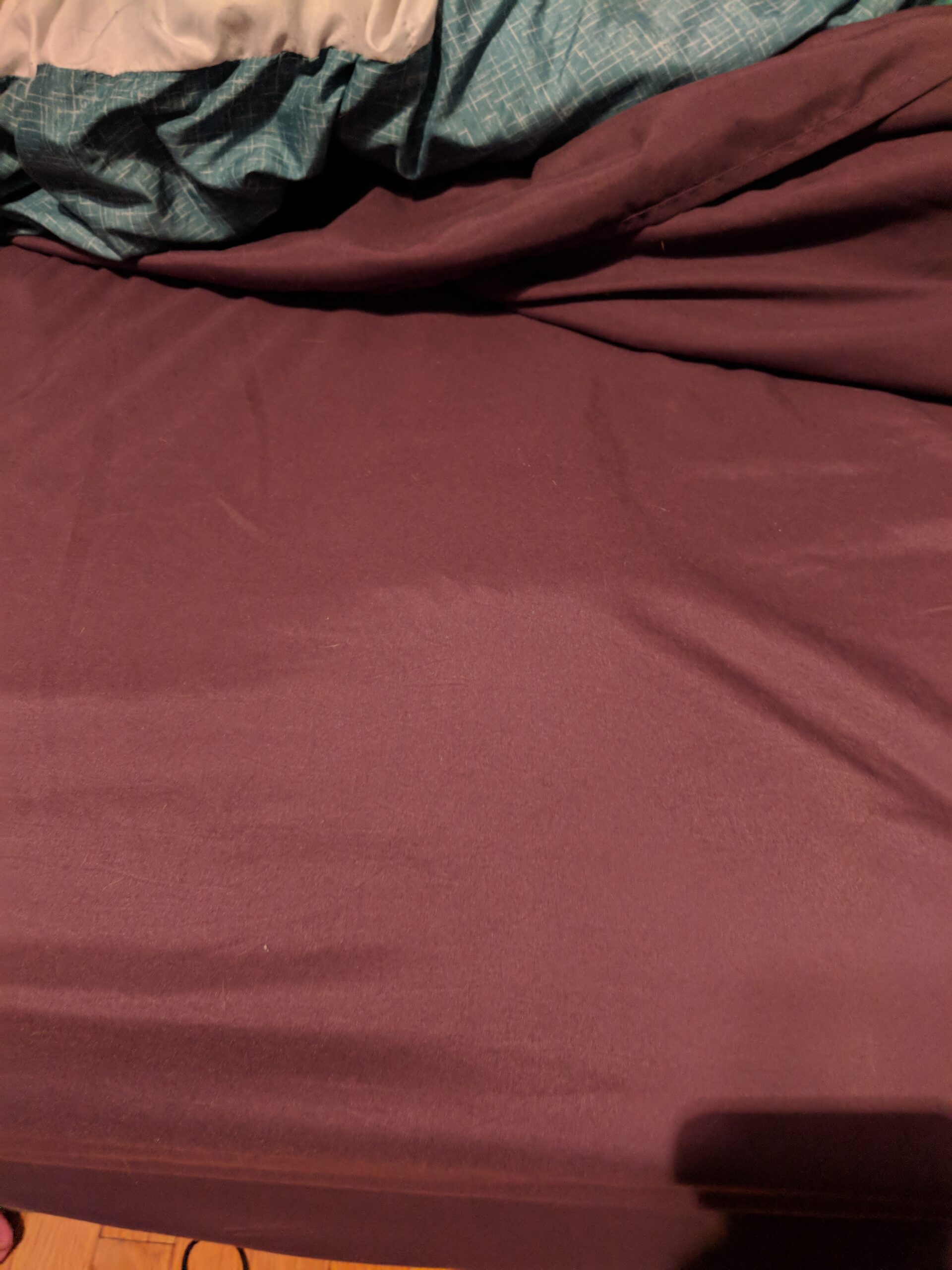
I switched the two bars before bedtime and tried again. I had gone for a pretty long walk with some friends earlier in the night, and one of my shins felt like cement. The second I flexed my leg, the cramps started up. I was hoping for some serious relief.
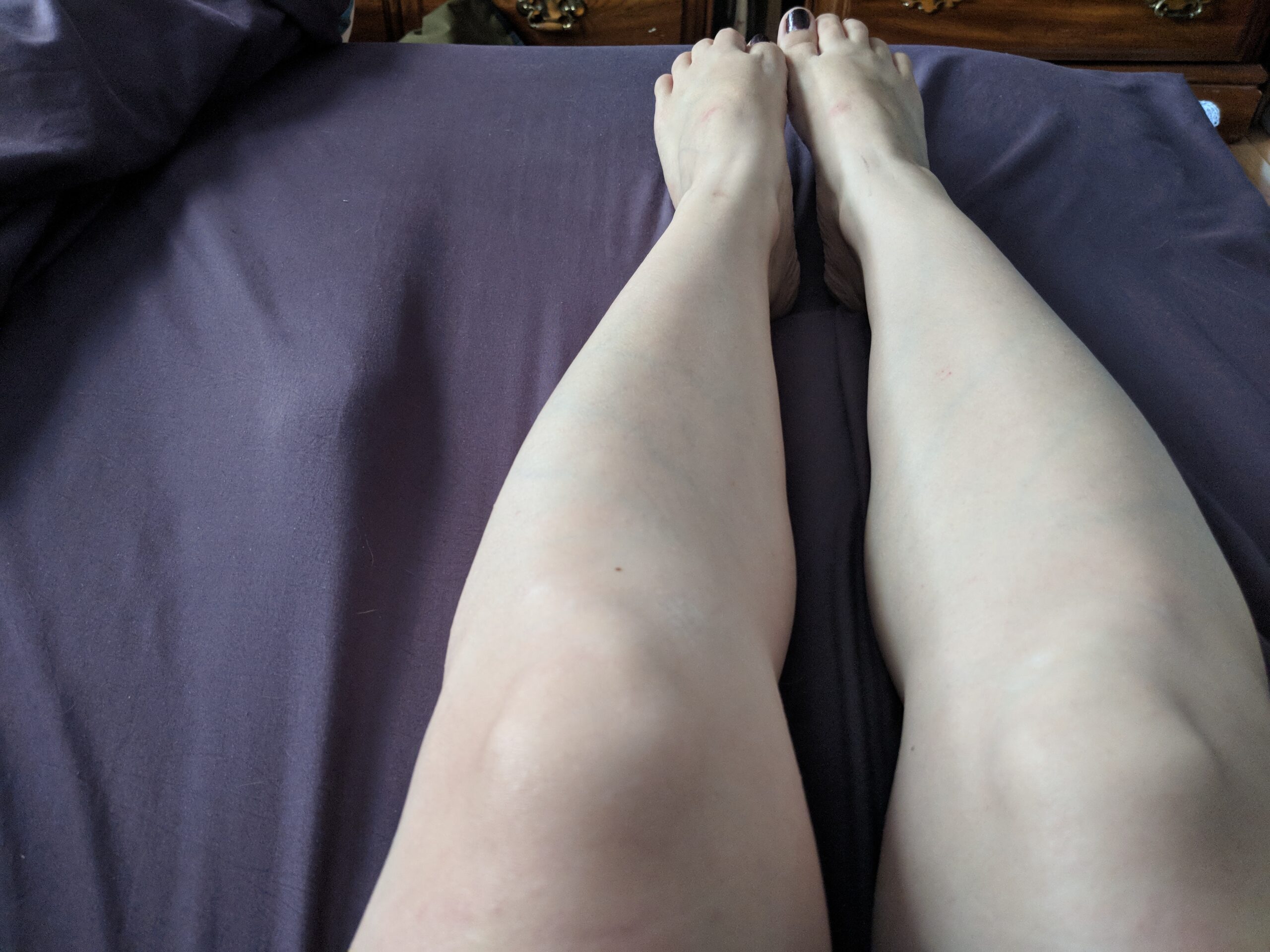
I didn't feel anything radical changing overnight. The next night yielded much of the same. I was starting to think I belonged to the half of the population that this didn't work for — until I woke up that third morning. My legs felt great. I knew the fourth night would be the determining factor, as I'd be on my feet at a concert and running around the city before bed.

I limped my way up the stairs and threw myself into bed with little thought for the soap experiment. I fell asleep pretty quickly. I woke up and winced as I sat up. When I stood, I was amazed that I wasn't as sore as I thought I'd be. Was it the soap? I can't say for sure.
There are a couple of things to keep in mind if you're thinking about trying out this old wives' tale out for yourself.
Different soaps might yield different results. If you spend some time Googling this theory, you'll find certain people say that only certain brands of soap will help cure your leg cramps. While people have recommended Ivory, Irish Spring, and others, you'll have to test for yourself to see what works for you.
This could have additional benefits. If it does work for you, you might find it works for more than just leg cramps. There have been reports of this remedy relieving menstrual cramps and even a report of it helping with intermittent erectile dysfunction.
You'll need to switch out the soap. Some people have reported that a bar of soap will keep cramps at bay for about a year. Others recommend switching it out once every one to two months.
Whether it's a placebo effect or a real, effective solution is hard to say. The number of people who swear by it indicates that there's something to be said for this home remedy. Being that it's a drug-free, cheap way to try to eliminate leg cramps, it's worth a shot in my book.




